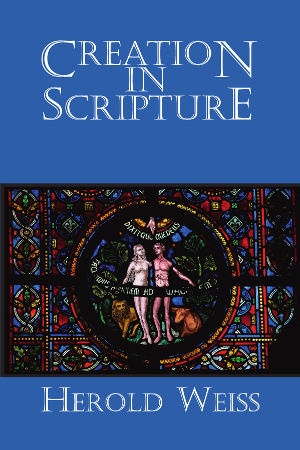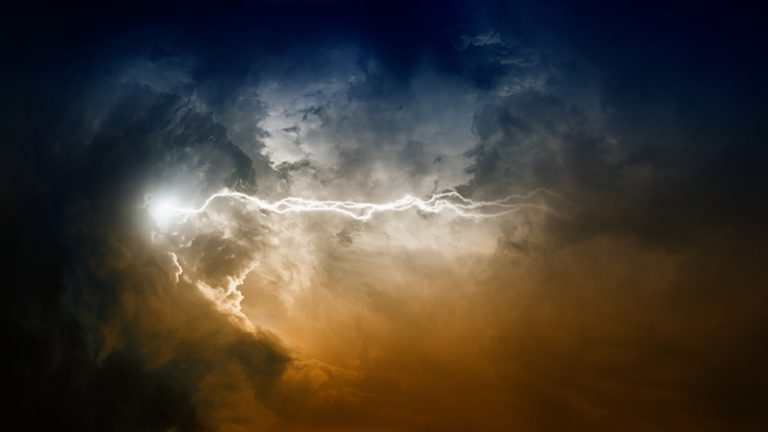Genesis 2:4-9 – God Plays in the Mud
This is again from the Daily Bible Study series. One complaint I have about the reading is that they will split up chapters and even give the verses out of order. This is not, unfortunately, according to some coherent theory about the history of the text, so far as I can tell, but seems to simply be a convenient way to get the right texts for the Sunday reading.
There is a substantial change in the text starting with Genesis 2:4. The precise division depends on who is doing the dividing, but usually it is Genesis 1:1 – 2:4a, and then 2:4b and following. These are the two creation stories.
These two stories describe creation in quite different terms. In Genesis one we have soaring literary prose. It is powerful, and likely intended for use in liturgy, a purpose it has served well many times. The key theological elements, emphasized by the literary form are power, control, success, satisfaction, and blessing (and perhaps more).
God is certainly involved, but the emphasis is on God’s power and glory and not on how close God is to creation. Genesis 1 could potentially be regarded as compatible with deism, seeing God as ultimate creator, but not as one interested in the day to day aspects of the world. Of course we have the Sabbath rest in 2:1-3, but a bit of interpretation, specifically not getting too literal, takes care of that. God is in charge.
I should make a couple of quick points. First, Genesis 1 is not poetry. It has poetic elements in the language, but it does not have the characteristics of Hebrew poetry. It is powerful, well-designed prose. Second, Genesis 1 is not a myth, when myth is used in a literary sense. While it uses some of the language and symbolism of mythology, this symbolism is used in quite a different way. There is none of the conflict between supernatural characters, for example. One could almost call it an anti-myth.
It is also not narrative history, nor is it science. It is theological in nature, and specifically liturgy. This doesn’t mean that it has no relationship to history or to science. It just isn’t trying to make testable scientific statements, nor is it trying to narrate a series of historic events in a form a historian might recognize. A good analogy might be the relationship of the liturgy of Good Friday and Easter Sunday to the events of the resurrection. Historical elements occur, but are never in focus. This is not a weakness. Liturgy takes its power from focusing on the divine elements and their connection to worshipers.
But with Genesis 2:4b we come to a very different picture. We see God planting a garden, forming a human being out of dust and then breathing the breath of life into that body. As we proceed through the text, we will see God personally involved with the human being.
There are those who think we solve problems with the text by noting different literary sources for Genesis 1 & 2. I do think that source criticism is accurate here in that these two stories of creation were at one point separate. But source criticism solves very little of what a text means as we have received it.
The problem with trying to resolve contradictions by referring to sources (and there are chronological issues between Genesis 1 & 2 if you take them as intending to present the events in precise order) is that it doesn’t really solve anything. We still have the text before us, and that means that somebody, somewhere, sometime thought they worked together.
This, to me, is evidence of the simple fact that this was not written, nor was it collected, by someone who was primarily concerned with chronology or with presenting narrative history.
In combination, these tell an exciting story. There is a God of ultimate power who does not have to fight with others in order to create, whose word brings things into existence, whose will is carried out, and who has no peer. At the same time, this God of great power is personally involved with the creation, getting his hands dirty, so to speak, and coming in contact so as to provide breath.
While on the sixth day, God is said simply to create the animals, in Genesis 2, the animals are created and brought before the original human so that he can name them, thus emphasizing and personally upholding the human’s authority and dominion. This same God of power is concerned that this first human is alone, and creates a woman, so we now have a first man and first woman, who are neither of them alone.
Either of these views by itself would be incomplete. Personally, I like to join them to Psalm 104, in which God as creator is presented as sustaining life on a moment to moment basis.
You can see my color-coded view of Genesis 1 & 2 here, and my thoughts on Psalm 104 here.

